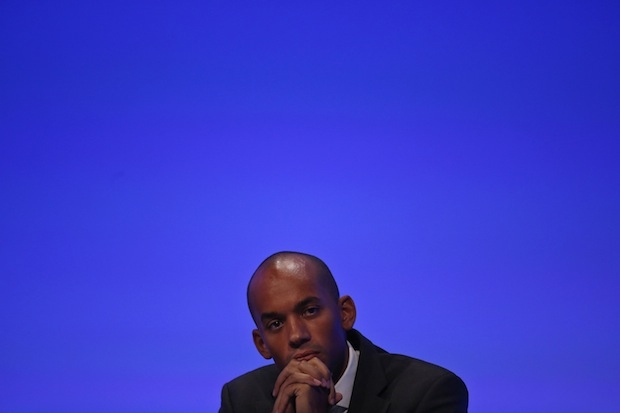Things may be rather awkward for David Davis in Brussels at the moment, but at least he doesn’t need to worry too much about what’s going on in the Commons. The EU Withdrawal Bill starts its second reading debate this Thursday, with the big vote on whether it will pass to Committee stage, and how long that next stage will be, on Monday 11 September. The Tory whips are now confident that there won’t be any trouble from their own side at this stage, with pro-Remain Conservatives planning to table all their amendments at the Committee stage, rather than trying to block the Bill’s progress this week.
The Tories who are worried about a hard Brexit are particularly agitated about the use of so-called ‘Henry VIII clauses’, by which ministers can make huge changes to legislation without parliamentary scrutiny. It will be on powers like this that Conservatives seek to amend the Bill during the Committee stage.
To be successful, those Tories need to work with Labour. But they don’t want to be seen to be voting against the government on motions issued by the Labour frontbench and so the backbench rebels have an important role to play (or are they rebels now that Labour has a new policy on the single market? It’s difficult to keep up, especially when the party is led by one of its most famous rebels). Amendments that come from figures like Chuka Umunna and other Brexit-sceptic MPs will enjoy far more support than those tabled on behalf of the leadership by Shadow Brexit Secretary Keir Starmer.
Labour is currently likely to vote against the bill at Second Reading, as the government has not budged on any of the six areas that Starmer insisted needed changing, such as protection for workers’ rights, and access to the Single Market. The party’s frontbench won’t formally agree on voting arrangements until this Tuesday’s Shadow Cabinet meeting, where they will also discuss how to deal with the programme motion, which allocates time for debate at Committee stage, and whether or not to table a ‘reasoned amendment’, which would prevent the bill progressing to its next stage and explain why MPs were either rejecting or seeking to alter it dramatically.
The smartest thing for Labour as a party to do would probably be to give backbenchers the freedom to work on cross-party amendments that would attract Tory MPs and therefore have a good chance of succeeding. But this would involve the frontbench accepting that its power is limited, and – worse still – ceding that power to a group of MPs who have either refused to serve under Jeremy Corbyn, resigned their frontbench positions, or been sacked. This is difficult for any party, let alone one that still isn’t fully comfortable in its skin when it comes to talking about Brexit.







Comments